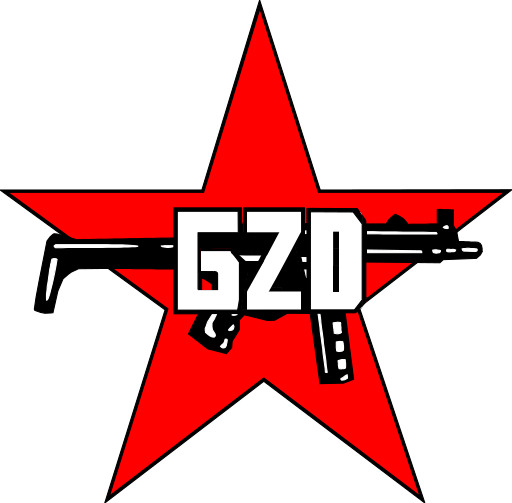So I’ve had this as audiobook in my library for a while and thought I’d finally give it a go on a long train ride, because I’m out of other stuff to listen to.
But my god…there’s some useful stuff here, but I’m barely a chapter in and she’s already insinuated the Tinyman massacre (on students wanting neoliberal reforms) happened so China could implement neoliberal reforms/shock doctrine, repeatedly compared China’s economic model to Russia and the US and coined the term “corporatism”, because neoliberalisms natural conlusion “isn’t capitalism or neoliberalism or neoconservatism”.
Is it even worth going through the rest of it or could other works provide the same info without this anti-communist libshit?
Edit:
From Chile to China to Iraq torture has been a silent partner in the free-market crusade
I’m going insane. Also why in the world would anyone describe torture as a SILENT partner ffs

I know what you mean.
The right tends to be much more honest about who it’s enemies are and why they’re enemies.
Between them and Marxists, though, is a lot of intellectual dishonesty (unacknowledged) and concern trolling (if that term fits here).
Like, Iris Chang never expressed support for the CPC in “The Rape of Nanking” (which I think is essential reading for anyone who thinks they understand modern China). She never makes statements lending herself to what we perceive as leftism or rightism, and even fairly outlines incredibly complicated and controversial people in China who saved thousands of Chinese people, including one Nazi diplomat. While reading it, I never felt like I was reading state department propaganda or she was propping up Nazis or the KMT or anything. Yet reading Chomsky or Klein or Haymarket books or Verso or Jacobin, it feels like I’m reading shit straight out of J Edgar Hoover’s mouth sometimes. It’s almost baffling.
edit: Maurice Meisner’s “Mao’s China and After” is an utterly brilliant historiography of the founding of the PRC, the Cultural Revolution and reforms that occurred thereafter – yet he just has to throw in unsourced / badly sourced jabs at fuckin’ Stalin of all people lest he be seen as too apologetic for communism. It’s tiresome as hell.